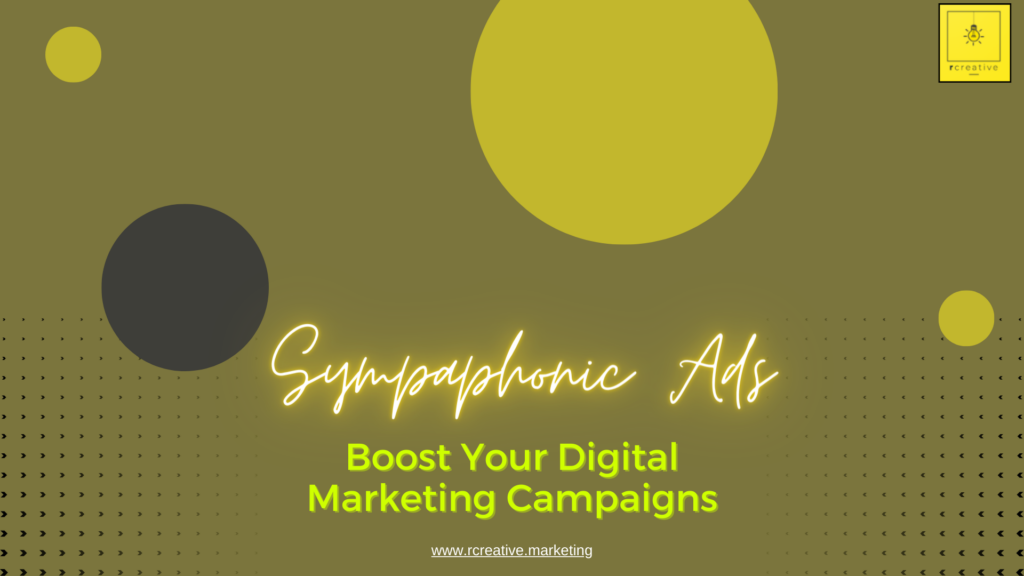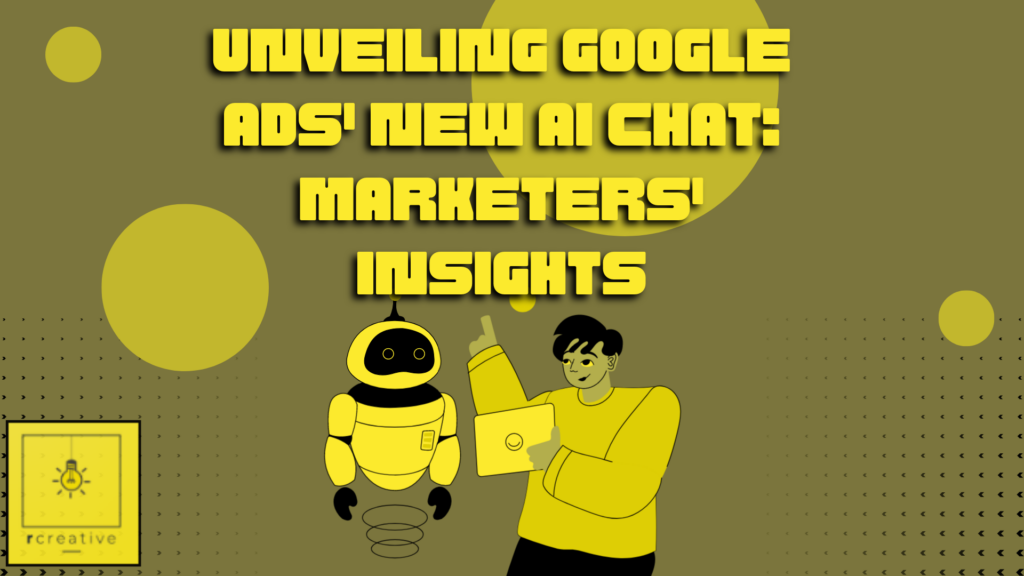Most businesses these days have a Facebook presence. Some business owners have a Facebook presence and little – if anything – else.
But are Facebook-only businesses missing out?
Let’s take a look at some of the weaknesses of the Facebook-only business model.
Facebook’s Audience is Huge.
Everyone’s on Facebook. Or at least almost anyone with an Internet connection is. Facebook is free and it’s an easy place to connect with others, which theoretically makes it the perfect place to launch and operate your business.
However, Facebook is free for a reason. Zuckerburg and the Facebook HQ team know that everyone is on Facebook. They also know that you, the business owner, want to interact with all of the people on Facebook and sell them things.
It is not advantageous for Facebook to have a free open marketplace for every John and Jill who wants to sell widgets from their corner of the world. Oh no, it is not.
Facebook needs to act as the gatekeeper between you and all of the people that you want to reach. How do they do that?
Ads.
If you want people on Facebook to actually see and interact with your Facebook-only business, you need to pay for advertising on Facebook. This is pretty much the only way you can guarantee that your messages end up in (some) people’s newsfeeds (somewhere).
Will the posts show up in your friends’ newsfeeds? No. Probably not.
Will they show up in your target audiences’ newsfeeds? Maybe. Maybe not.
The Facebook advertising algorithms are veiled behind a thick shroud of mystery. There’s even some speculation that the accounts that your ads are shown to don’t actually belong to real people, but to a faceless sea of bots with profiles. (So much for a FACEbook…)
Changing Newsfeed Algorithms Change Everything. (Again and Again.)
So you want to pay for ads. That’s cool. After all, everyone and their brother is on Facebook.
The only alternative to paid advertising is organic search traffic. This is true on any platform, Facebook or not.
Unfortunately, when you’re locked into a platform like Facebook, you have to play by someone else’s rule book. Whatever “rules” might work to help you place in SEO or on some other social media platform probably won’t work on Facebook. And if you crack the code, it’s only a matter of time before it changes again.
See, Zuck and his buddies at FB HQ don’t actually want your business to succeed, unless Facebook can make a crap-ton of cash off of you in the process. It’s understandable. Again, good old Mark didn’t design a virtual networking party for people to make the world a better place by interacting with one another.
Wait, isn’t that the purpose of a social network?
Not if said social network wants to actually make any money. Now that Facebook is a public company, its responsibility is to its stock holders, not its everyday users.
And it’s not like there’s some great crime in Facebook wanting to make a buck. But as a business owner, you need to understand that Facebook is not some free bulletin board where people are going to happen across your brand and wonderful things are just going to rock your world. That’s just not how it works in social media land. At least not these days.
It behooves Facebook to change its newsfeed algorithms like clockwork because it’s like an automatic reset that puts marketers back to Level One again and again. If life in a social network were a video game, a reset algorithm means “game over” and having to start back at the very beginning.
If your business relies solely on Facebook for traffic, customers and sales, you can look forward to changing your business plan ever quarter or so. No one has time for that.
More Bad News: Facebook-Only Businesses (And All Businesses) Continue to Lose Newsfeed Airtime
I personally left Facebook on December 31, 2016 and stayed off of it for the entirety of 2017, with hopes of never going back. But earlier this year I came back to the platform I’d hoped was merely a shadow of my past (holla to being a small business owner and blogger).
When I returned in January 2018 (I’m including dates because they’re relevant to developments in newsfeed algorithm details), I would literally scroll through my newsfeed and see nothing but information from businesses I cared nothing about. It’d be an ad, a video shared by a friend from some page, an article to a company website, and so forth.
I started counting how long it would be until I saw a personal update from a friend: 17-24 posts into my newsfeed. That means I had to scroll through an average of 20 marketing messages from brands I cared absolutely nothing about (usually) to see a single update from a friend. Then, back to 20 more ads.
It was too much. I almost quit Facebook again. But then:
Algorithm change.
Now I see stuff from my friends. But as a business owner, I’m screwed. You see, when the algorithm changed for me, it also changed for everyone else who uses Facebook.
We see more of our friends’ posts – let’s face it, that’s why we joined Facebook in the first place – but we see less business posts than ever before.
I feel for the business owners who were relying on Facebook to provide a steady stream of viewers and customers. It’s difficult to imagine that they’re getting by. I also imagine that many have had to shut their virtual doors to pursue other routes of online sales or have returned to their day jobs altogether.
The worst part of the most recent algorithm change (at the time of writing: May 2018) is that it not only punishes those who had cracked the organic Facebook marketing code, but also those who actually pony up the money to pay for ads to other Facebook users.
From a personal perspective, I don’t see many company updates at all. Which is kind of nice when I’m scrolling my newsfeed on a break from work.
But that also means I’m not seeing ads that companies are sinking their marketing budgets into. And if I see one ad, that probably means that 20 other marketers who are targeting my demographic (hi, Millennial mom who loves coffee and wine) are losing out.
Basically, if Facebook were a highway, it converted all of its billboards into cat memes and political rants from your Uncle Sal. Now all of the marketers who used to pay for those billboard spaces are lining up to use the one billboard in a 50-mile stretch leftover for marketing purposes.
Can you say “ca-ching”?! (And by “you”, I mean “Facebook”, because as we’ve established, no one else is making much money in this new system.)
Putting Facebook in Its Place
As much as we may love or hate the platform, it’s still pretty necessary for business owners, bloggers and personalities to maintain a Facebook presence for the brands that they represent. Facebook does still do some good for driving traffic to your website or engaging customers in conversation around your products and services.
But a business does not – and should not – live by Facebook presence alone. If you want your brand to see success, you need to increasingly make your Facebook presence a smaller piece of the pie and focus on content generation, SEO and other social media platforms.
This is where a website comes in. If you’re a business owner who doesn’t have a website, you might want to consider what a site can offer.
First, a company website offers you the flexibility to post whatever you want, whenever you want it. You can organize your data however you please, and include text, images, videos and other media to your heart’s content.
It’s important to note that while Facebook is okay at disseminating your content, it’s not great at storing or organizing said content. This can be tough when you’re trying to do something like run a series of posts or link videos with content elsewhere on the web.
Additionally, the data you put on your company website is YOUR data. You can add, delete and share as much as you please – and store it all on your own secure server.
When you store data on Facebook, those data become Facebook’s property. They can do whatever they want with your data. It’s also really hard to consolidate Facebook-stored data in any useful way. If you ever do decide to switch platforms, you’ll need to rebuild most of your content from scratch.
Get Social With Other Networks
When it comes to online promotion and customer engagement, it’s important not to focus on your Facebook marketing strategy to the exclusion of others. Twitter, Pinterest, Instagram (though technically a Facebook entity), LinkedIn, Snapchat and other social networks all reach different audiences and are better suited to different business models.
And they all share the same fatal flaw: they’re not permanent. In 2018, it’s impossible to imagine a world without Facebook. But one day, people are truly not going to give a lick about what happens on Facebook.
Lack of staying power is truly a problem for business owners and marketers who focus too hard on any one social media channel or another. If you rest your daily business operation on a single social network for everything from product listings to promotion, one day you’re going to wake up to a big, big problem.
While a healthy Facebook presence is still important, – we have one – it’s not the end all be all of a healthy social media marketing strategy. In its place, Facebook can drive new customers to your site.
But that’s the thing. Facebook needs to be a place where people learn about your brand and then go onto your site to learn more about your products and make a purchase.
Don’t get lured in by Facebook’s selling tools and other “convenient” services. Sure, the platform is free on the surface, but if you have to pay for sales or lose business because your desired audience can’t see your posts, it will end up costing you in the long run.



